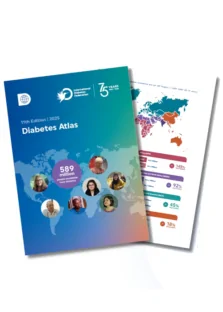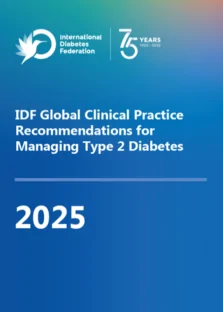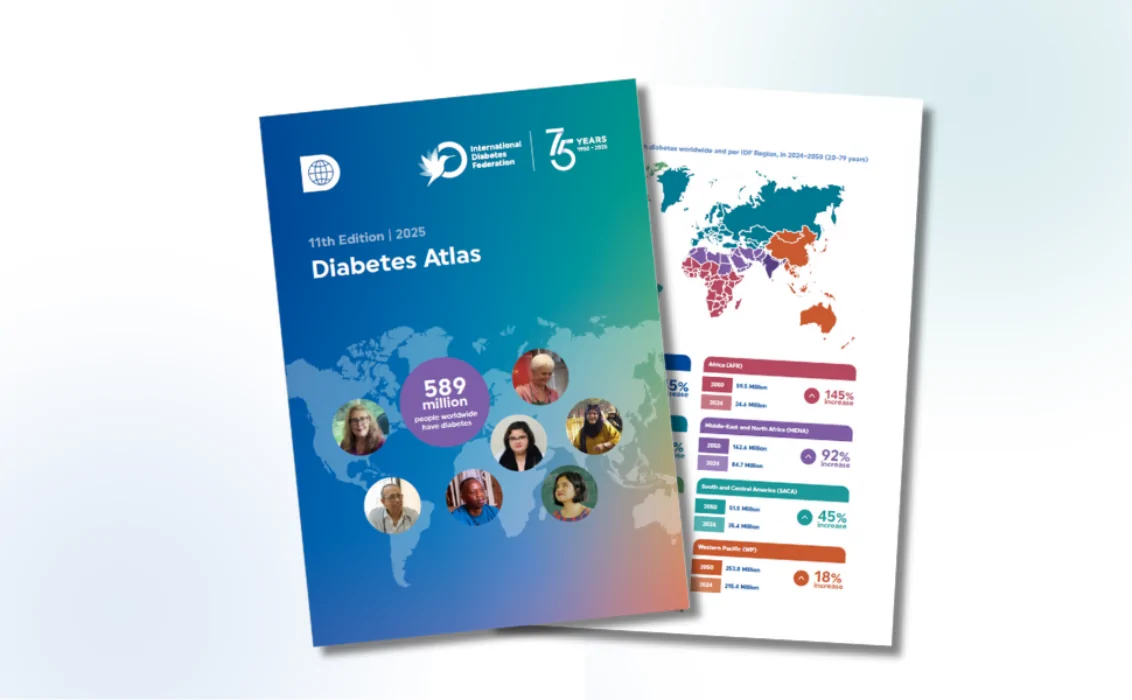1 in 9 people are living with diabetes
Our mission is to improve the lives of people living with diabetes and prevent diabetes in those at risk.

Our mission is to improve the lives of people living with diabetes and prevent diabetes in those at risk.



Notifications